Palm Oil: What is it, why is it a problem, and can it be sustainable?
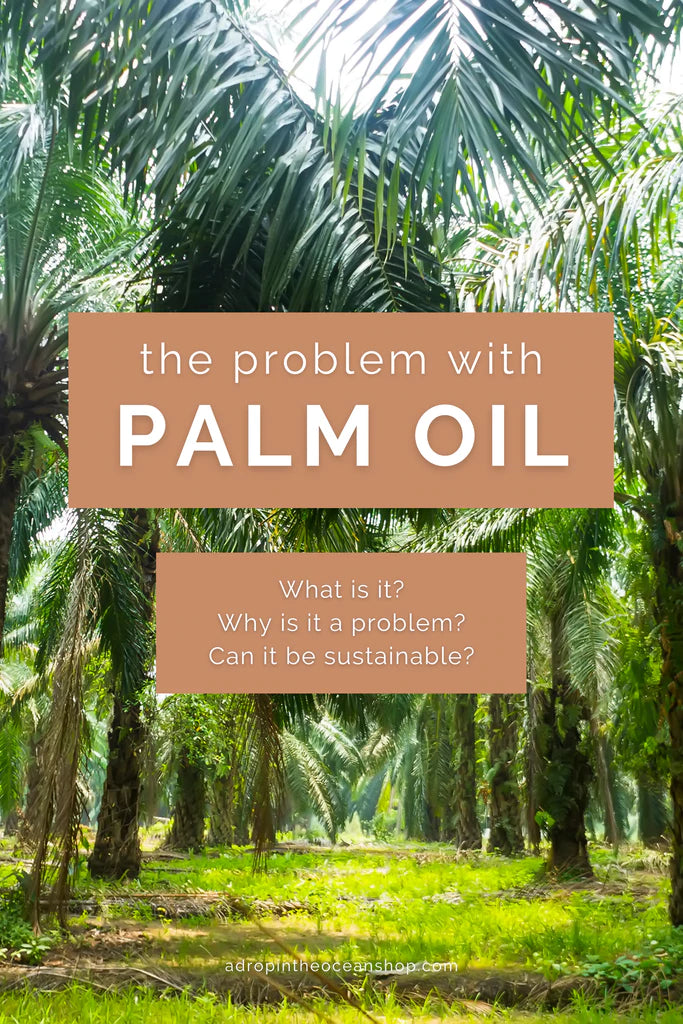
This post first appeared in our weekly Make Waves Mondays email series as two separate emails on April 20 and 27, 2020.
I'm often asked “what’s the deal with palm oil?”
And honestly, this is one of those topics that I’ve been around for so long that I forget that it’s not talked about much. It’s become a buzzword, but often without any explanation behind it.
So I want to break down exactly what palm oil is, why it’s a big deal, and what we can do about its problems. Starting with…
What the heck is palm oil?!
Palm oil is a vegetable oil, like olive oil or sunflower oil, derived from the fruit of palm trees.
It’s incredibly efficient - much more so than any other vegetable oil available. It actually supplies 35% of the global oil demand, but utilizes only 10% of the land designated for oil crops.
The stuff is freaking everywhere. It’s in everything from cookies to shampoo...about 50% of the stuff we consume has palm oil in it. It’s odorless and colorless so it doesn’t impact the taste of food, it's semi-solid at room temperature so spreadable products stay spreadable, it gives fried foods more crunch, and it can expand a product’s shelf life.
It has also been given literally hundreds of different names, so it’s nearly impossible to know what it’s in without googling every ingredient. And let’s be real, who wants to do that?
Most of the world’s palm oil is produced in Malaysia and Indonesia, where historically large areas of forest have been burned to make room for new oil palm plantations. This is why you'll often see orangutans and tigers as the face of messaging around the problems with palm oil. As their habitats are destroyed for oil palm plantations, these species struggle to adapt and find new homes...because, well, they’re rapidly disappearing.
There’s a really wonderful video, only a minute and a half long, from Greenpeace addressing habitat destruction for palm oil. I rewatch it every time I talk about palm oil, because I think it does such a fantastic job of telling a story in a very short amount of time, in a way that makes you want to learn more.

I mean how flippin' adorable is this face?! Photo by Andre Mouton via Unsplash.
The solutions to these problems are not straightforward, as environmental issues never are. So let’s chat about them.
What can we do about palm oil?
So, basically, there are two sides of the palm oil camp.
Option 1: Boycott palm oil.
On one side, there’s the complete avoidance of palm oil.
In simplified terms, the EcoWarriors on this side of camp want to avoid using any products that contain palm oil, to limit the expansion of oil palm plantations and use their dollar to vote for companies that are also doing their part to mitigate the negative effects of palm oil.
These people rock. You may be one of them! And if you are, I applaud you, and thank you for standing for your values, and taking an active role in conscious consumerism to promote the future you want to see.
Option 2: Choose sustainably-sourced palm oil.
On the other side of the camp is the sustainably-sourced palm oil peeps. I, and A Drop in the Ocean, are in this camp. As I mentioned above, palm oil is highly efficient, and uses way less land to produce more oil than other common oils (think olive oil or sunflower seed oil).
The intention behind sustainably-sourced palm oil is to stop all oil palm expansion, but continue to harvest from the currently-existing plantations.
The rationale behind this is that if we were to stop purchasing palm oil completely, these lands would be transitioned to another vegetable oil, which would supply lower yields, and potentially lead to greater forest destruction.
Palm oil production also employs millions of people in Indonesia and Malaysia - countries already struggling with poverty.
Honestly, though, the Roundtable on Sustainable Palm Oil (RSPO) - the certifying body for sustainable palm oil - has issues of its own, and is definitely not a perfect solution.
So what's the best solution?
It’s so important to know what’s happening with palm oil, and some of the solutions around it, but at the end of the day we have to do what feels right for us in our gut.
If avoiding palm oil completely feels right to you, go for it! And let me know how I can support you in your journey. If you’re not quite ready to cut out all palm oil, or you’re feeling more in alignment with sustainably-sourced palm oil, that’s great, too!
If you’re leaning towards sustainably-sourced palm, Cheyenne Mountain Zoo has a great app available for Android and iOS that I highly recommend. It’s basically a giant database of common brands ranked on a scale of Excellent, Good, and Needs Improvement. You can directly scan a product barcode at the store and the app will tell you the product’s palm oil ranking, or you can search by keyword, such as “dish soap,” and get a list of dish soaps so you can choose the best option for you, your family, and the planet.

Photo by Joshua Lee via Unsplash.
What are we doing here at A Drop in the Ocean to reduce our palm oil impact?
If you’re shopping with A Drop in the Ocean, I want you to know that you will never find a product in this shop that contains unsustainably-sourced palm oil.
Some of our products do contain sustainably-sourced palm, but we are clear in each product description what does contain palm oil and what does not. This is one of our core values and a top priority when searching for new products.
You can also always search “palm oil free” on our website to get a list of home and personal care products that do not contain palm oil. The same goes for “sustainably-sourced palm oil.”
So tell me, friend, what are your thoughts on palm oil? Comment below and let me know!
Sources + Additional Reading:
Greenpeace: Rang-Tan video
The Guardian: How the World Got Hooked on Palm Oil
IUCN: Saying "No" to Palm Oil Would Likely Displace - Not Halt - Biodiversity Loss
Palm Oil Investigations: What as palm oil?
World Wildlife Fund: 8 Things to Know About Palm Oil





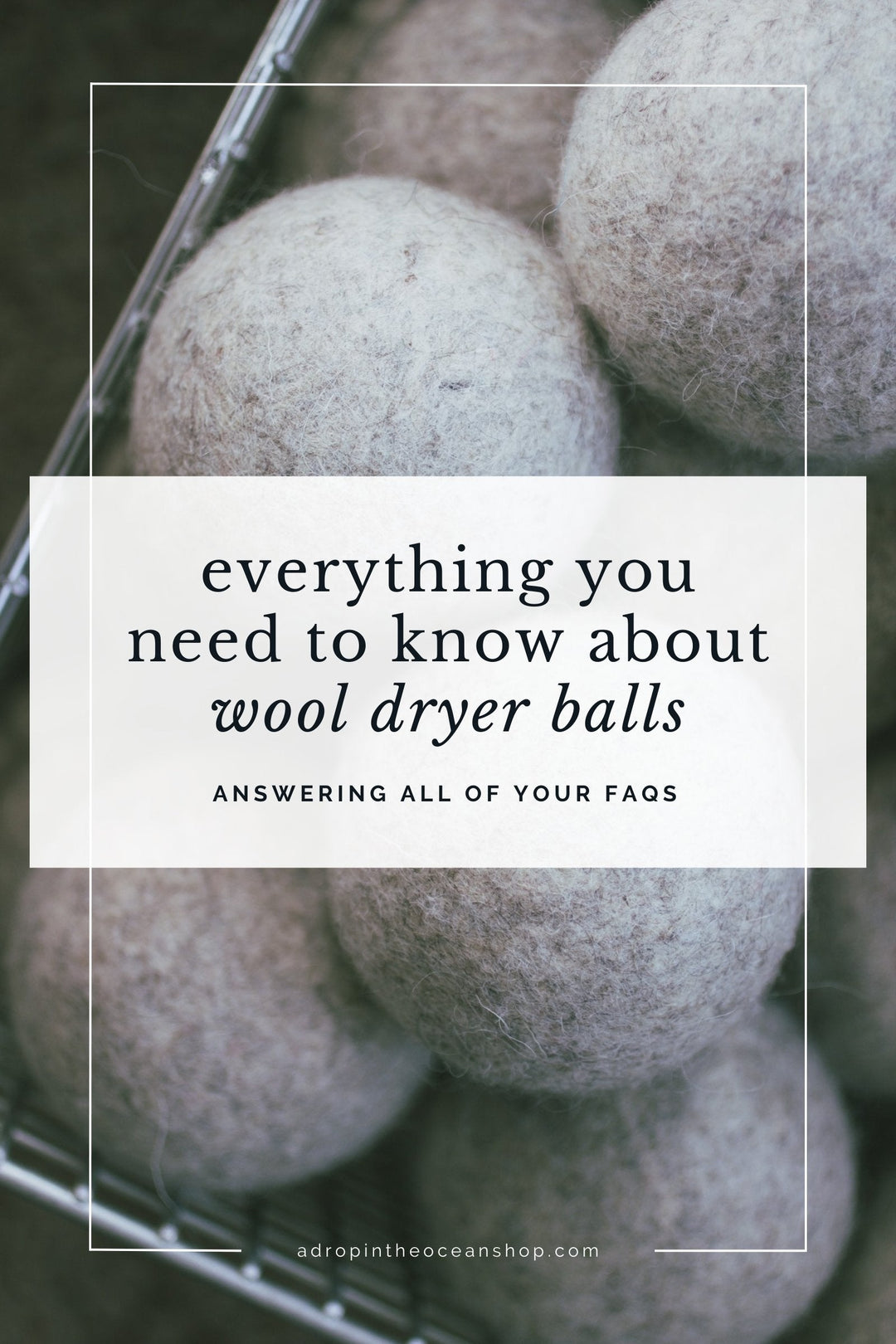
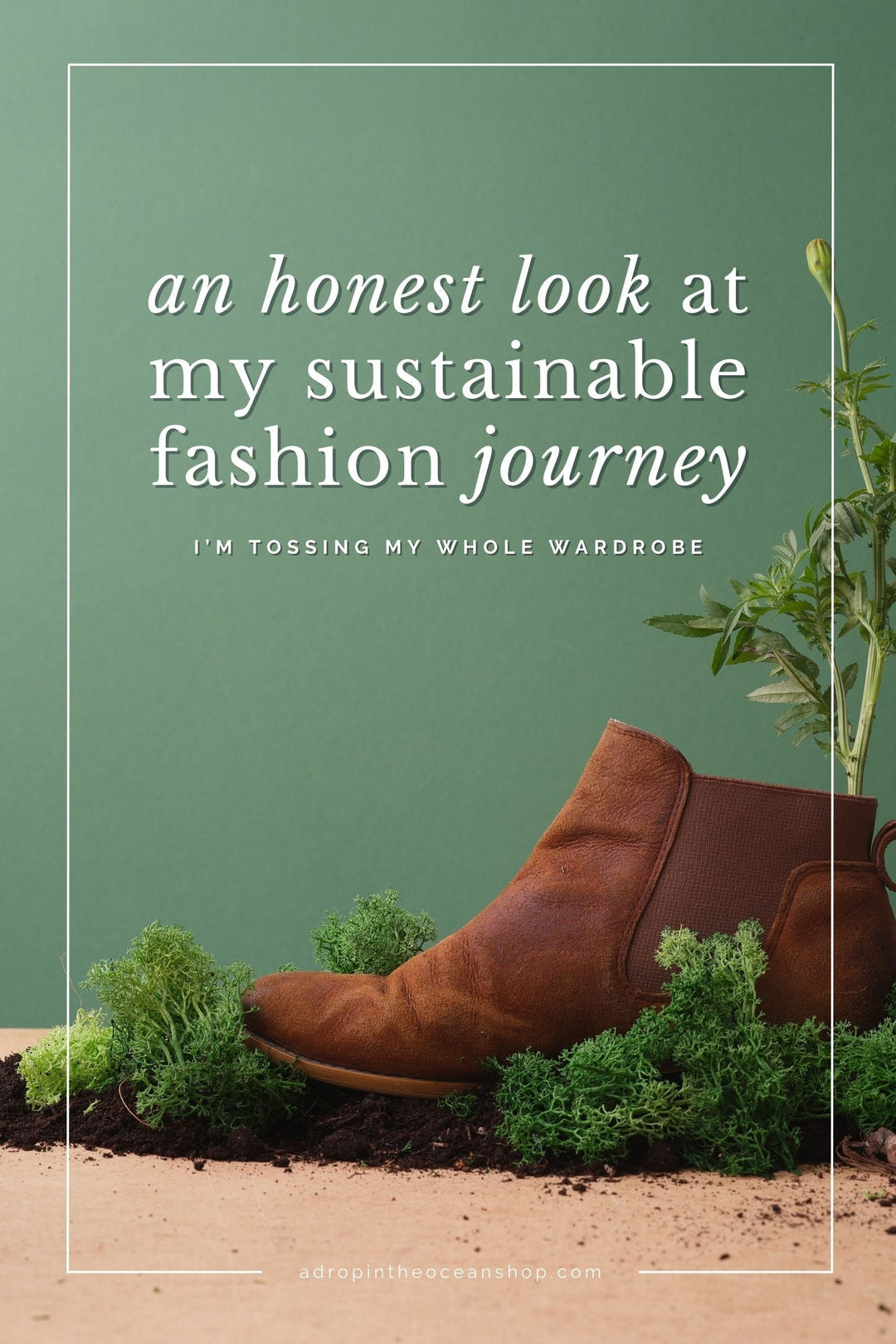
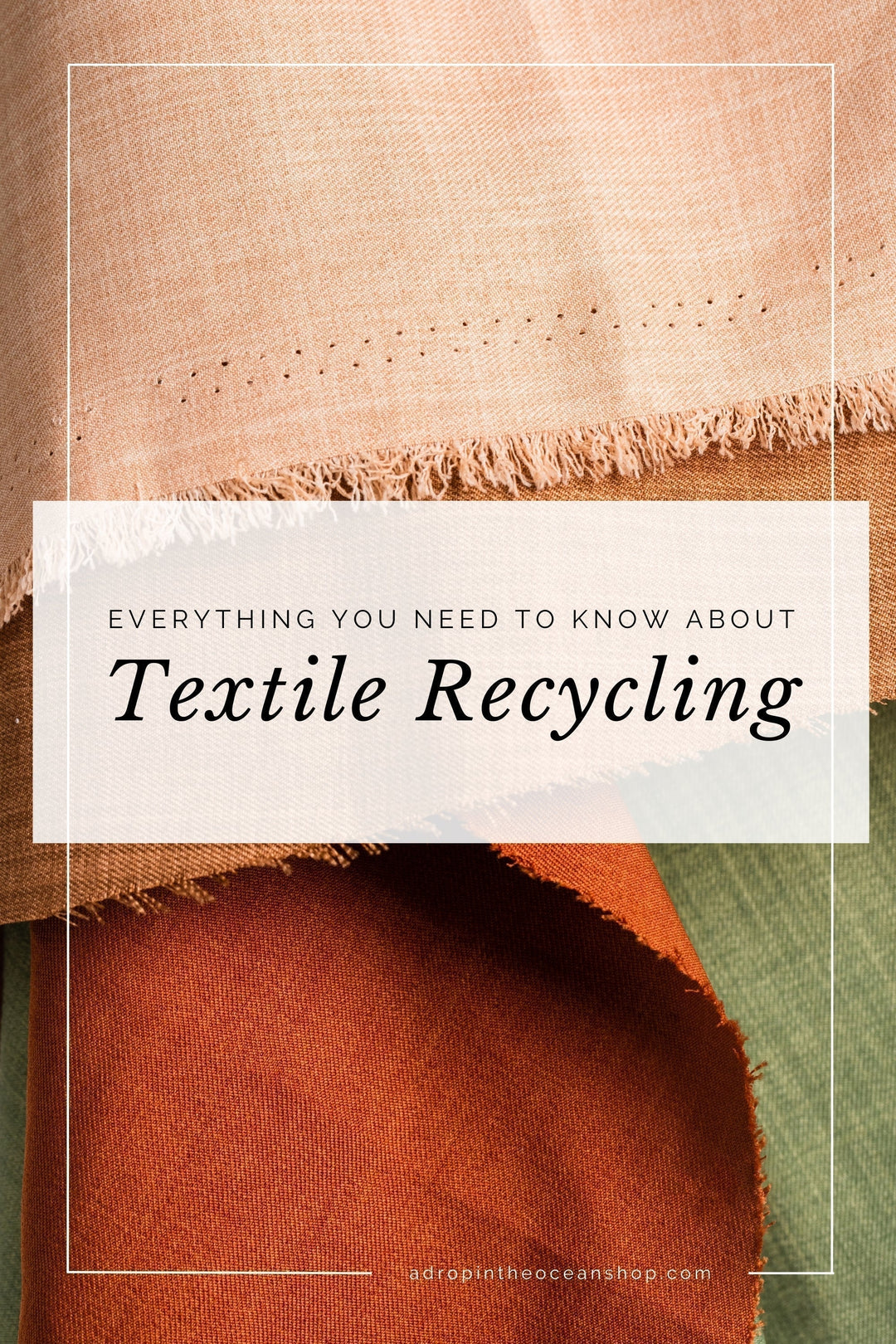
Leave a comment